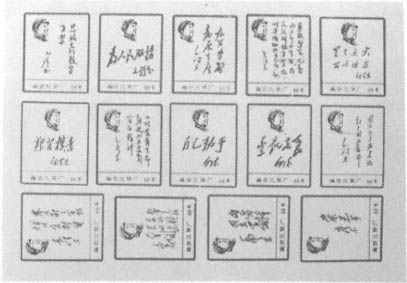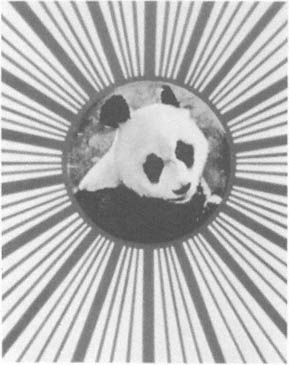Shades of Mao: The Posthumous Cult of the Great Leader (36 page)
Read Shades of Mao: The Posthumous Cult of the Great Leader Online
Authors: Geremie Barme
Tags: #History, #Asia, #China, #Literary Criticism, #Asian, #Chinese, #Political Science, #Political Ideologies, #Communism; Post-Communism & Socialism, #World, #General, #test

BOOK: Shades of Mao: The Posthumous Cult of the Great Leader
7.51Mb size Format: txt, pdf, ePub
|
|
|
|
|
|
|
|
Other books
Dance of Death by R.L. Stine
The Lady Hellion by Joanna Shupe
The Marvelous Magic of Miss Mabel by Natasha Lowe
Fifty Shades of Silver Hair and Socks by Phil Torcivia
The Unquiet Mind (The Greek Village Collection Book 8) by Sara Alexi
From the Cradle by Louise Voss, Mark Edwards
El origen del mal by Brian Lumley
Outlaw of Gor by John Norman
La tumba de Hércules by Andy McDermott
Goering by Roger Manvell











